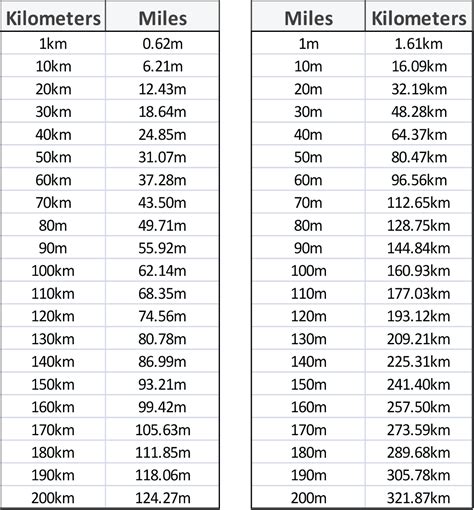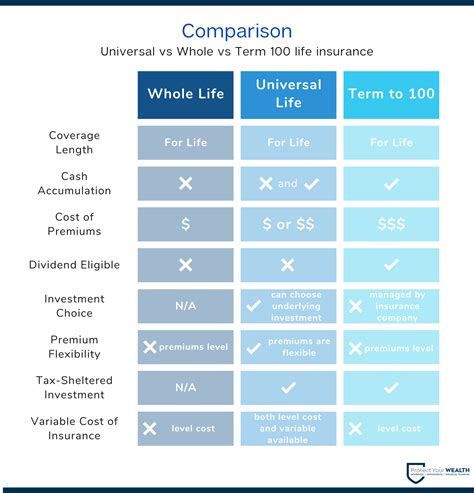Being a leader in the workplace is more than just having a title. It’s about inspiring, motivating and guiding your team to achieve success. In today’s rapidly changing business environment, leaders need to be more agile, innovative, and strategic than ever before.

Here are 10 essential qualities of effective leaders:
- Visionary: Leaders have a clear vision for the future and are able to articulate it to their team. They inspire others to believe in their vision and work towards common goals.
- Communicative: Leaders are excellent communicators. They are able to clearly and concisely share their vision, goals, and expectations with their team. They also listen attentively to feedback and are open to new ideas.
- Collaborative: Leaders are team players. They work well with others and are able to build strong relationships. They are also willing to share credit for successes and take responsibility for mistakes.
- Empathetic: Leaders are empathetic. They understand the needs and perspectives of their team members and are able to create a supportive and inclusive work environment.
- Ethical: Leaders are ethical. They act with integrity and honesty and are committed to doing the right thing.
- Decisive: Leaders are decisive. They are able to make tough decisions and take action even in uncertain times.
- Resilient: Leaders are resilient. They are able to bounce back from setbacks and challenges and remain optimistic even in difficult times.
- Agile: Leaders are agile. They are able to adapt to change and are comfortable with uncertainty.
- Innovative: Leaders are innovative. They are always looking for new ways to improve and are willing to take risks.
- Strategic: Leaders are strategic. They think long-term and are able to identify trends and opportunities that others may miss.
Leading vs. Managing
While leading and managing are often used interchangeably, there are some key differences between the two. Managers are responsible for planning, organizing, and controlling the day-to-day operations of a team or organization. Leaders, on the other hand, are responsible for inspiring, motivating, and guiding their team to achieve success.
The Importance of Leadership
Leadership is essential for any organization that wants to succeed. Effective leaders create a positive and productive work environment, which leads to increased employee engagement, productivity, and innovation. They also help to attract and retain top talent.
According to a study by Gallup, companies with highly engaged employees are 23% more profitable than companies with low employee engagement. Additionally, a study by Bain & Company found that companies with strong leadership are able to achieve 3x the revenue growth of companies with weak leadership.
How to Develop Your Leadership Skills
If you want to become a more effective leader, there are a number of things you can do.
- Attend leadership development workshops or training programs: These programs can help you to learn new leadership skills and techniques.
- Read books and articles about leadership: There are a number of excellent books and articles available that can help you to develop your leadership knowledge and skills.
- Seek out a mentor: A mentor can provide you with guidance and support on your leadership journey.
- Practice your leadership skills every day: The best way to improve your leadership skills is to practice them on a regular basis.
Conclusion
Becoming a great leader takes time and effort, but it is one of the most rewarding things you can do. By developing the essential qualities of a leader, you can create a positive and productive work environment, inspire your team to achieve success, and make a lasting impact on your organization.
Table 1: Essential Qualities of Effective Leaders
| Quality | Description |
|---|---|
| Visionary | Leaders have a clear vision for the future and are able to articulate it to their team. |
| Communicative | Leaders are excellent communicators. They are able to clearly and concisely share their vision, goals, and expectations with their team. |
| Collaborative | Leaders are team players. They work well with others and are able to build strong relationships. |
| Empathetic | Leaders are empathetic. They understand the needs and perspectives of their team members and are able to create a supportive and inclusive work environment. |
| Ethical | Leaders are ethical. They act with integrity and honesty and are committed to doing the right thing. |
| Decisive | Leaders are decisive. They are able to make tough decisions and take action even in uncertain times. |
| Resilient | Leaders are resilient. They are able to bounce back from setbacks and challenges and remain optimistic even in difficult times. |
| Agile | Leaders are agile. They are able to adapt to change and are comfortable with uncertainty. |
| Innovative | Leaders are innovative. They are always looking for new ways to improve and are willing to take risks. |
| Strategic | Leaders are strategic. They think long-term and are able to identify trends and opportunities that others may miss. |
Table 2: Differences Between Leading and Managing
| Characteristic | Leading | Managing |
|---|---|---|
| Focus | Inspiring, motivating, and guiding | Planning, organizing, and controlling |
| Skills | Vision, communication, empathy, resilience | Planning, organizing, controlling, problem-solving |
| Time horizon | Long-term | Short-term |
| Impact | Creates a positive and productive work environment, leads to increased employee engagement, productivity, and innovation | Ensures that the day-to-day operations of a team or organization run smoothly |
Table 3: Benefits of Leadership
| Benefit | Description |
|---|---|
| Increased employee engagement | Leaders create a positive and productive work environment, which leads to increased employee engagement. |
| Improved productivity | Leaders inspire their team to work harder and smarter, which leads to improved productivity. |
| Enhanced innovation | Leaders are always looking for new ways to improve, which leads to enhanced innovation. |
| Increased profitability | Companies with strong leadership are able to achieve 3x the revenue growth of companies with weak leadership. |
| Improved customer satisfaction | Leaders create a positive work environment, which leads to improved customer satisfaction. |
Table 4: Tips for Developing Your Leadership Skills
| Tip | Description |
|---|---|
| Attend leadership development workshops or training programs | These programs can help you to learn new leadership skills and techniques. |
| Read books and articles about leadership | There are a number of excellent books and articles available that can help you to develop your leadership knowledge and skills. |
| Seek out a mentor | A mentor can provide you with guidance and support on your leadership journey. |
| Practice your leadership skills every day | The best way to improve your leadership skills is to practice them on a regular basis. |
| Get feedback from others | Ask your colleagues, friends, and family members for feedback on your leadership skills. This can help you to identify areas for improvement. |
















